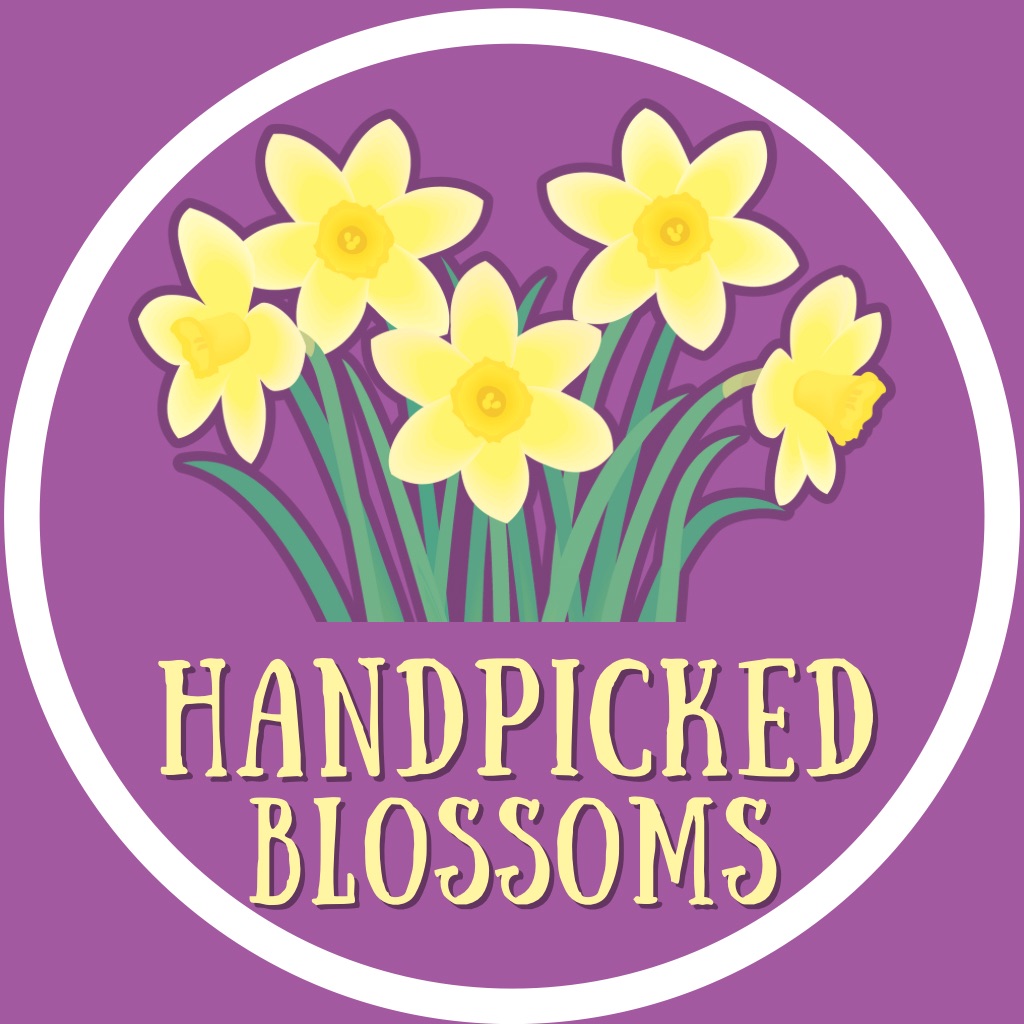A Shopping Guide for Seeds and Plants: Building Your Mini Garden
- handpickedblossoms

- Jan 18, 2024
- 3 min read
Hello, green-thumbed adventurer! Now that you're all excited to create your mini garden wonderland, it's time to dive into the exciting world of shopping for seeds and plants. It's like picking out the coolest clothes for your garden party! In this guide, we'll explore how and where to find the perfect seeds and plants to make your small space come alive with nature's magic. Now let's get into our shopping guide for seeds and plants!

1. Local Nurseries: Your Garden Haven
Local nurseries are like treasure troves of gardening goodness. They're usually packed with a variety of plants suitable for your specific climate and season. Pay them a visit – you'll get expert advice and find plants that are already acclimated to your region. In Virginia, Brent & Becky’s Bulbs offers shipping of spring and fall planted bulbs. They also have an educational garden! Plant enthusiasts are encouraged to come Monday through Saturday from 9am to 4pm, to walk and explore the gardens. Don’t forget to grab the seed catalog while you’re there!
2. Garden Centers: Your One-Stop Green Shop
Garden centers are your go-to for all things gardening. They often carry a wide range of plants, seeds, tools, and accessories. Plus, the staff can guide you on plant care and offer suggestions based on your space and preferences. I like to shop the clearance sections for great plant deals. Make sure to check if the plant is poisonous, as most big box retailers will not provide this information on the label. For more personalized service, try a local garden center like The Farmer's Daughter.
3. Seed Catalogs: Your Dream Garden on Paper
Seed catalogs are like wish lists for your garden dreams. Many companies send out beautiful catalogs showcasing their plant offerings. They're not only informative but also a great source of inspiration. A few of my favorites are Brent & Becky's, Urban Farmer, and Rare Seeds.
4. Online Retailers: Virtual Plant Paradise
If you prefer shopping from the comfort of your home, online retailers offer a vast selection of seeds and plants. Check out websites that specialize in gardening – you'll find a treasure trove of options, along with user reviews that can help you make informed choices. The companies listed previously also offer online shopping. Another company worthy of mention is Holland Bulbs; they offer discounts up to 80% off on peonies, daffodils, tulips, and more! And for seeds, check out Floret Flowers; they offer dahlias, poppies, and other beautiful cut flower varieties.

5. Farmers' Markets: Local Flavors, Local Plants
Farmers' markets are a unique treasure trove of locally grown plants. You can meet local growers, get firsthand information about the plants, learn about how they were grown, and even discover some unusual and native varieties that thrive in your area.
6. Garden Shows and Events: Gardening Extravaganza
Attending garden shows and events can be a delightful way to immerse yourself in the world of plants. These gatherings often feature numerous vendors offering a wide range of plants, seeds, and gardening supplies. Facebook is a good way to check for plant sales in your local area.
7. Community Swaps: Plant Sharing Bonanza
Check if there are any local gardening clubs or community groups that organize plant swaps or seed exchanges. These events allow you to share your extra plants or seeds and discover new ones from fellow gardeners.
8. Friends and Family: The Gift of Green
Don't forget to tap into your social circle. Friends, family, and neighbors might have extra plants or seeds to share. Gardening is often a communal activity, and you might be surprised by the treasures hidden in your own network. Many bulbs can be dug up and divided, like dahlias, irises, cannas, hostas, and more! I've received numerous seeds and plants from my community, which allowed me to keep costs low when starting up Handpicked Blossoms.

Tips for Shopping:
Know Your Space: Before you shop, understand the light, water, and space conditions in your mini garden. This will help you pick plants that will thrive.
Check for Quality: When buying plants, look for healthy leaves, sturdy stems, and no signs of pests or diseases.
Read Descriptions: When shopping for seeds, read the descriptions carefully to ensure they're suitable for your climate and space.
Ask Questions: Don't hesitate to ask questions at nurseries or garden centers. The staff is usually happy to provide guidance.
Shopping for seeds and plants to build your mini garden is like embarking on a treasure hunt. Whether you explore local nurseries, browse online retailers, or attend gardening events, each experience adds to the joy of creating your green haven. Remember, your mini garden is a canvas waiting for your creativity, and with a bit of shopping savvy, you'll soon have a collection of botanical gems that'll make your space come alive with beauty and nature's wonders. Happy shopping and happy gardening!




Comments